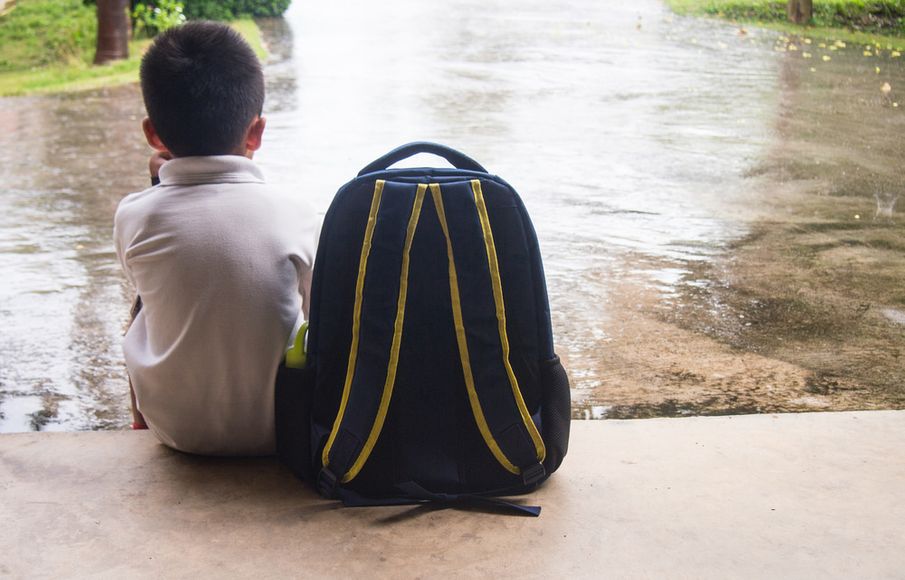As mental health conditions in children rise by 50%, the government faces fresh calls for statutory funded school counselling services
Across the UK, children and young people’s mental health is at risk in ways we haven't seen before. It’s a topic highlighted by the Children’s Commissioner Anne Longfield in her report for 2020/21, where she reflected on the state of children’s mental health services, evaluating progress and highlighting areas of failure.
The report explores the impact that COVID-19 will have on the lives of children who, by now, have had two years of education disrupted, as well as missed out on precious time with friends and family – components that come together to impact their wellbeing in ways we are just beginning to predict, and from which many fear the effects will be felt for years to come.
Pointing to a study by the NHS in 2020, Longfield notes that clinically significant mental health conditions in children have risen by 50%, with one in six children now living with a 'probable' mental health condition – up from one in nine in 2017.
The figures speak to what Longfield calls a ‘cocktail of risks’ that children are facing today, as well as a system stretched beyond capacity, incapable of supporting young people when they need it most.
As it stands, the government has set out plans to roll our NHS-led counselling in 20–25% of schools by 2023, but Longfield says this is not enough.
“It is vital that these counselling services are available for every school as quickly as possible,” she writes. “When we see what the NHS has achieved within the last year, it shows what can be done with the right level of ambition and determination. It should not have to take another decade to create a decent mental health service for all children.”
It’s a point that is supported by the BACP, a professional body for counsellors and psychotherapists, which campaigns for paid counsellors in every school and met with officials from the Department of Education last year to discuss how this could be achieved.

“There’s a worryingly large group of children who are missing out on vital mental health support when they need it the most,” says Jo Holmes, Young People and Families Lead at the BACP. “They’ve been let down by the government because of its lack of ambition and failure to invest thoroughly in targeted support. The government has to look broader than solely NHS services when it comes to working therapeutically with children and young people struggling with their mental health.”
As Holmes sees it, investing in a paid counsellor in every school would give children access to the early-intervention support that they need – benefiting their lives beyond the classroom. It’s a service that already exists elsewhere in the UK, with Scotland, Wales, and Northern Ireland already having statutory funded school counselling services, and has both short and long-term benefits for individuals, families, and the NHS.
“School counsellors have adapted quickly to the challenge of lockdown and closures, offering online and telephone support and providing a vital lifeline during these uncertain times,” Holmes continues.
“Even when the classrooms are closed and the playgrounds are empty, school counsellors are offering critical services helping young people who are struggling with how their lives have changed because of the pandemic. They’re seeing first-hand how this pandemic is having a huge impact on young people’s mental health. But sadly not every school child has access to this vital support.
“There has never been a more important time for the government to commit to funding a professional counsellor in every school.”
To find out more about how you can support the BACP’s campaign, head to their website.
Connect with a counsellor near you with counselling-directory.org.uk


Comments